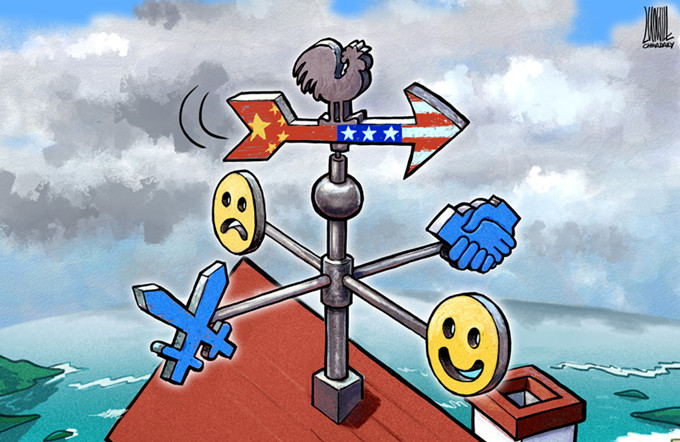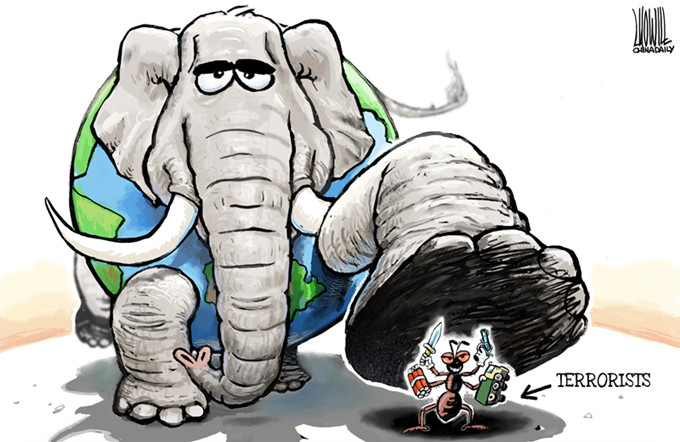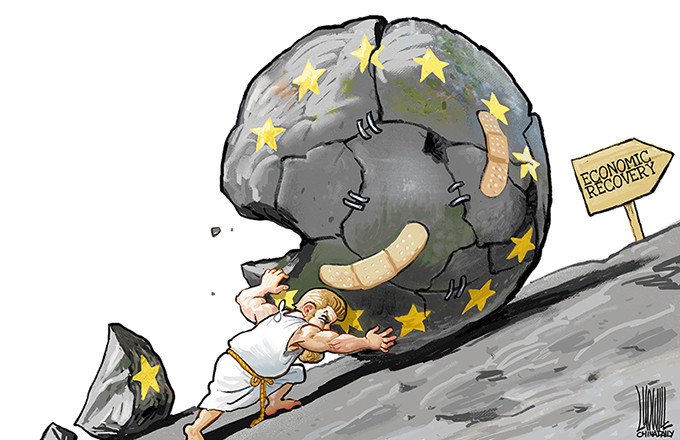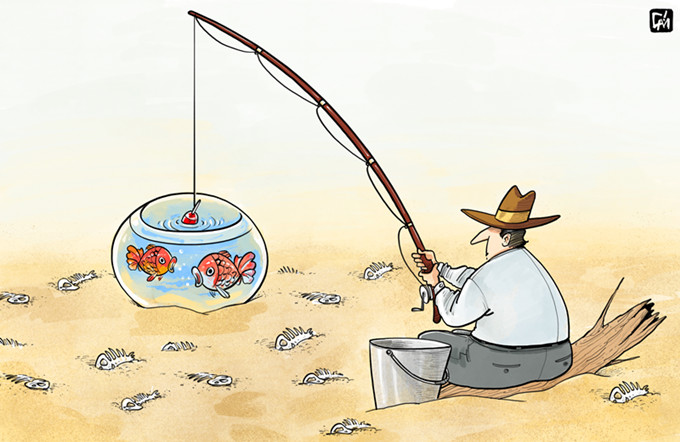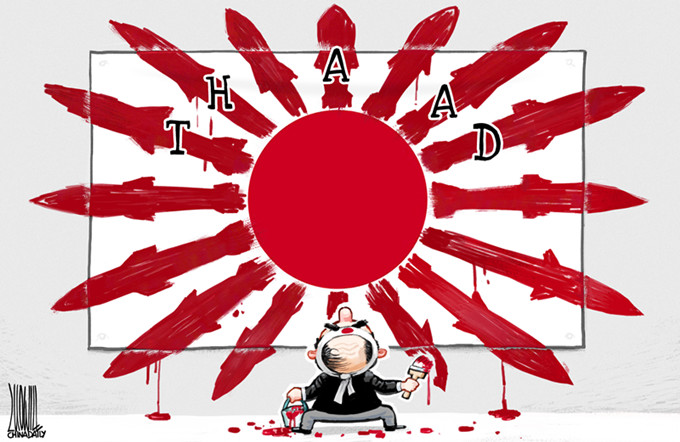Is the Chinese stock market oversold?
Many stock analysts and commentators in China appeared to be most upset by the bearish market prognosis issued from some major overseas investment firms and prominent foreign investors recently. The many counterarguments in the media and on the Internet invariably suggested it was a conspiracy by foreign investors trying to profit by short selling Chinese companies listed in Hong Kong.
However, the influence of foreign investors on the Chinese stock market has been grossly exaggerated. Any serious observer of the Chinese economy would have noticed that those foreign investors have said nothing they didn't already know.
The poor performance of the Chinese stock market in recent months has little to do with it getting a bad rap from abroad. Instead it has got everything to do with what savvy analysts have called the readjustment of investors' expectations.
This process was triggered by the realization that the Chinese economy is not going to grow as fast as in the past decades. Previously, many investors expected the economy would recover briskly after bottoming out last year. A rally in late 2012 and the first quarter of 2013 was widely seen as proof of this.
But the euphoria of a return of the bull market soon gave way to the grim realization that the recovery was much slower and weaker than expected. The bullish sentiment that dominated the market for several months evaporated long before it was talked down by foreign analysts.
Chinese investors don't need foreign gurus to remind them of the clouded economic outlook. The much-reported problems besetting the many factories in the manufacturing centers, such as Wenzhou and some other locations in the industrial heartland of the Yangtze River Delta region have made it clear that all is not well with the export sector.
Of China's major export markets, the United States may be showing a slow but definite recovery trend. But Europe appears to be sinking deeper into a recession. Even the German economy is sputtering as it is dragged down by the prolonged slump in its neighboring markets, including France, Spain and Italy. Negative growth in Europe in 2013, and possibly in 2014, is widely predicted.
On the domestic front, the overheated property market has been cited by many foreign institutions as a core issue underlining their pessimistic outlook for the Chinese market. They contend that property prices have soared to levels fewer and fewer home buyers can afford. The bursting of the bubble, fuelled by easy bank credit, could unsettle the financial system and wreak havoc on the overall economy.
Such worries are hardly news to seasoned observers of the Chinese economy. In fact, the government has taken numerous monetary and administrative measures to cool the property market. How effective such measures have been is, of course, open to debate. But the potential problems created by an overheated property sector were exposed for all to see.
Foreign investment analysts like to harp on about the large local government debts and the potential piling up of bad loans in banks' books. Such worries are understandable at a time when the economy is expected to grow at a much slower pace than before. Some foreign commentators were merely using these factors to paint a worst-case scenario, which is, of course, preventable.
Foreign investors are free to bet their money shorting Chinese stocks in Hong Kong with the available market mechanism for such operations. Many domestic investors seem to hold the same view as they have been selling down the market over the past several months.
The question to ask now is whether the Chinese stork market is oversold. If you think this is bargain-hunting time, go ahead. Don't let the pessimistic talk of the foreign investors cloud your judgment. You are sure to find some undervalued stocks worth buying.
(China Daily 05/13/2013 page8)




